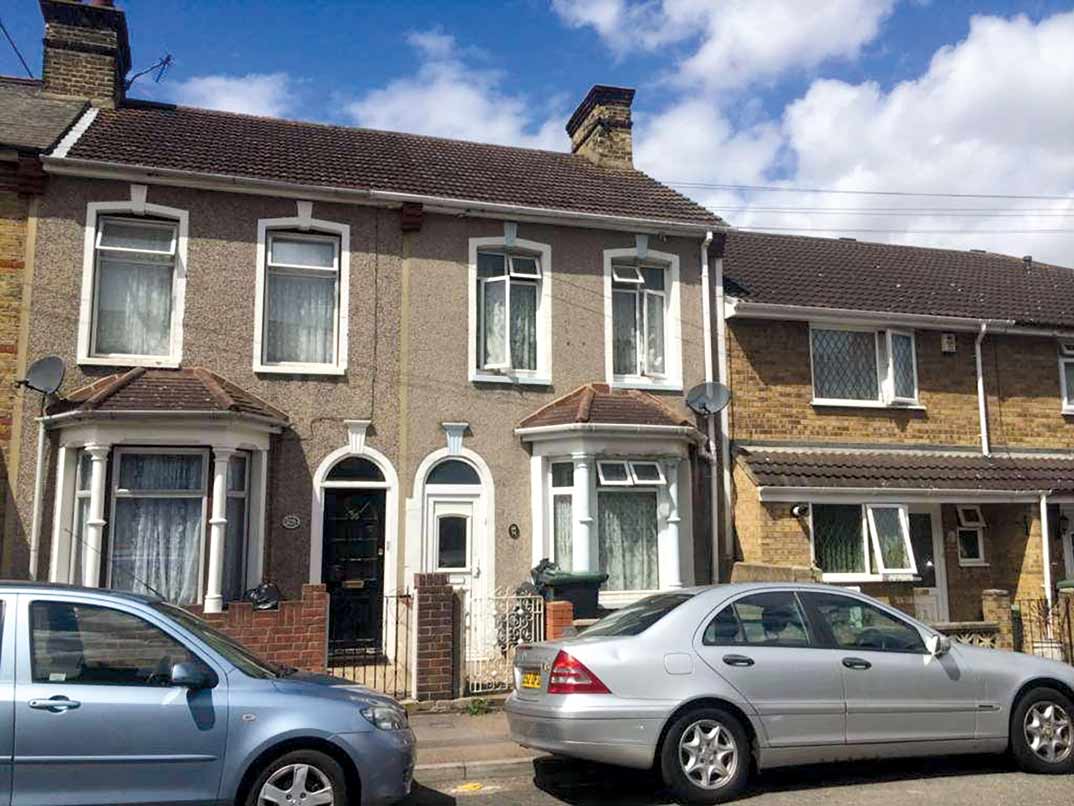Andrew Sharp | Chairman of Tunbridge Wells Constituency Labour Party
Andrew Sharp is an experienced freelance Political, Communications and Organisational Adviser, having practised in Political Management for 39 years.
He has studied law and political party funding at King’s College London and business administration at the University of Essex.
The Times also publishes regular opinions from Conservative and Liberal Democrat Party members
“When our children grow up, will they be able to afford to live in Tunbridge Wells? Can anything be done to deal with the housing crisis?
These are difficult questions facing many young people in the borough who want to rent or buy their own home.
So far the Conservative Government has been unable to come up with a plan that has made the difference although they say they are making this a priority.
Real intervention is required, not just advice, as the hurdles faced by today’s younger generation are far greater than for many of us who got on to the housing ladder years ago.
The facts speak for themselves. Home ownership in England reached a peak of 71 per cent under Labour in 2003, but has now dropped to 64 per cent – its lowest level since 1986.
Around 300,000 fewer under-35s are home owners than when Labour left office in 2010.
The Conservative Party says that it believes in home ownership, but so far the opportunity for younger people to have a share of our nation’s wealth, through eventually owning their own home, has become less likely than it was in the decades since the 1960s.
Tunbridge Wells borough is one of the most sought-after places to live in south east England with its close proximity to London, its schools and the quality of life.
The Sunday Times recently produced a report on findings from Savills estate agency that puts Tunbridge Wells borough second in the table in England for the proportion of pupils in top state schools and independents (63 per cent), giving the borough a weighted average house price of £403,000, one of the highest in Kent.
This demand for housing, fuelled to some extent by the demand for our local schools, makes it more difficult for young people to settle in their home town as prices continue to rise at a far greater rate than salaries.
The rental market is fuelled in the same way.
These factors also have an effect on social mobility, as many people on lower incomes will not have access to send their children to the best performing state schools because they cannot afford to live in the catchment areas.
If replicated elsewhere, it could have further implications for the life chances of those many young people aspiring to do well from lower income backgrounds but who may be denied the opportunity.
There are measures the Government could take to start tackling the housing crisis: One of them would be to allow councils, including Tunbridge Wells, to build more affordable homes to rent.
Under the Labour Government of 1974 to 1979, a third of new homes across England were built by local authorities (around 100,000 per annum). Today it is a trickle.
The Government could lift the borrowing cap and devolve to local authorities the powers to build more homes at a time when interest rates are at their lowest.
If local authorities were allowed to control and regulate private rents, as they used to, this could help young people, too.
The effect of these devolved measures alone could provide more affordable housing for our young people.
For those who want to buy, it could allow them to save more for a deposit if rents are controlled at more affordable prices.”








